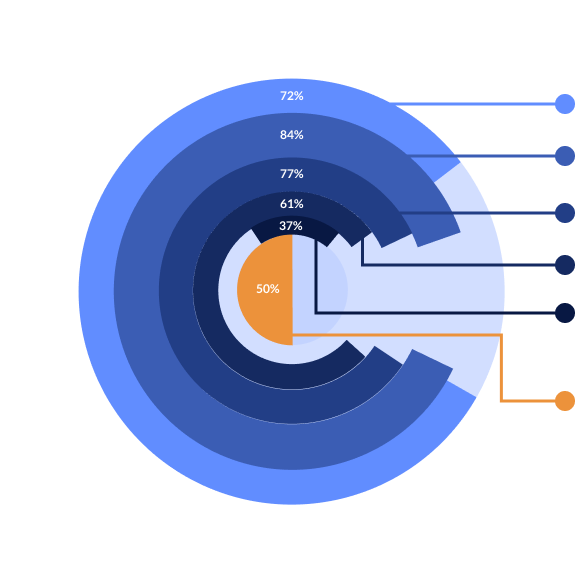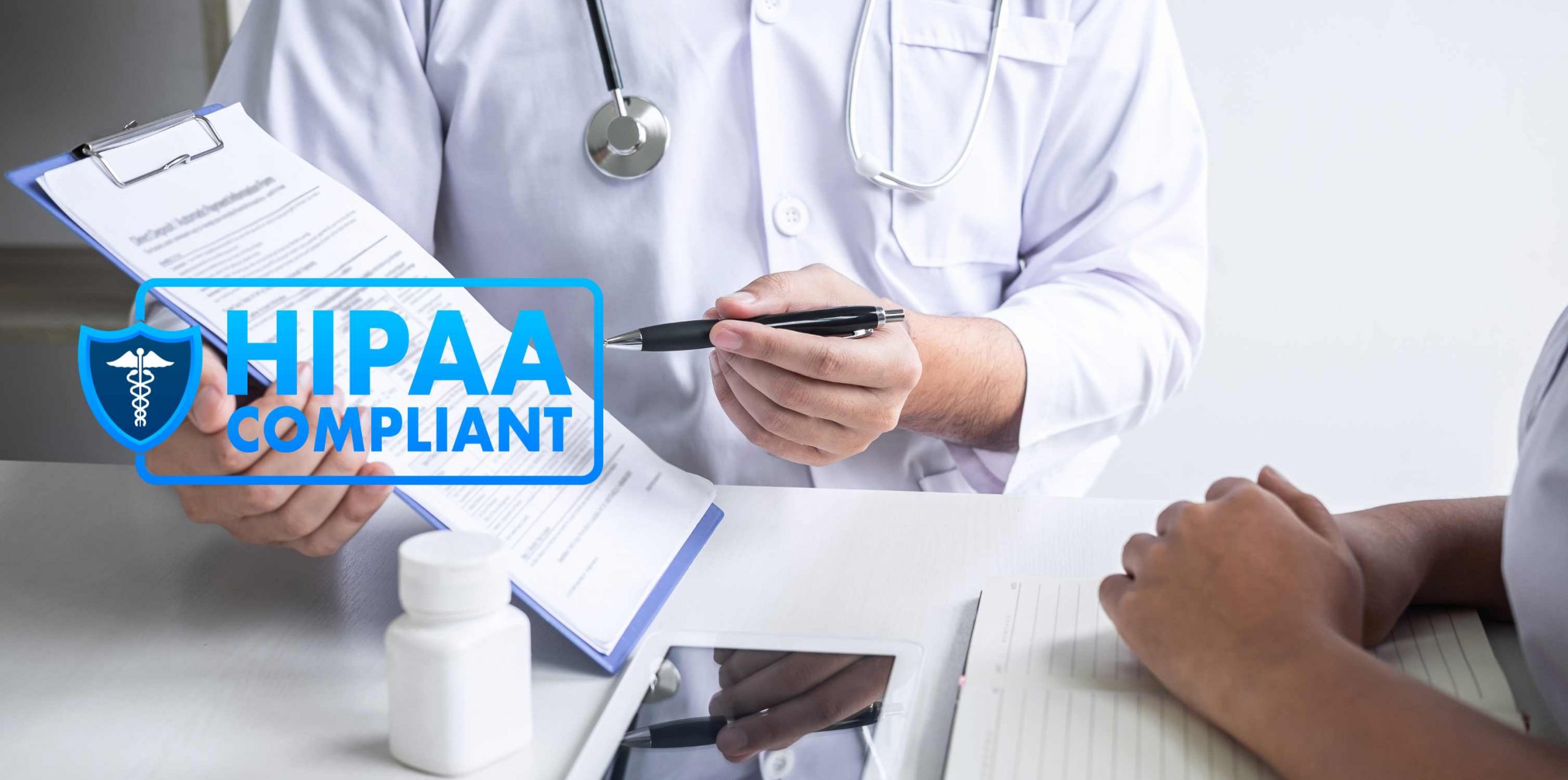Discover the essential metrics and techniques for assessing the impact of healthcare marketing on group medical practices. Gain insights on measuring ROI, patient engagement, and brand awareness to enhance your marketing effectiveness.

Introduction
What is a web analytics service, and how can it be used in healthcare marketing?
What are some key performance indicators (KPIs) for measuring healthcare marketing effectiveness?
How can patient experiences impact healthcare marketing effectiveness?
Conclusion

Introduction
In today’s healthcare landscape, medical practices need to focus on patient engagement and effective marketing strategies to stay competitive. Healthcare marketing services, such as those offered by a healthcare marketing agency, can play a crucial role in achieving this goal. However, simply investing in marketing campaigns is not enough – it’s essential to measure the effectiveness of these efforts to optimize their impact.
According to a survey by the American Medical Association, nearly 60% of medical practices in the US employ at least one type of marketing tactic, with social media and online reviews being the most popular. However, only a small fraction of these practices measure the effectiveness of their marketing efforts, indicating a significant opportunity for improvement.

What is a web analytics service, and how can it be used in healthcare marketing?
Web analytics services are powerful tools that allow healthcare providers to monitor and analyze their website traffic, providing valuable insights that can be used to improve their marketing efforts. Here are some relevant statistics on the importance of web analytics in healthcare marketing:

• 84% of patients use online reviews to evaluate healthcare providers.
• 77% of patients use search engines to find healthcare providers.
• 61% of consumers say they trust information from healthcare providers’ websites and social media accounts.
• Only 37% who trust information from pharmaceutical company websites.
• One healthcare organization saw a 50% increase in online appointment requests after using web analytics to improve its website’s user experience.
In summary, web analytics services are essential for healthcare providers looking to improve their online marketing efforts. With the majority of patients using the internet to research healthcare providers, having an effective online presence is critical. By analyzing website traffic and user behavior, healthcare providers can optimize their websites and digital marketing campaigns to attract more patients and improve patient satisfaction.

What are some key performance indicators (KPIs) for measuring healthcare marketing effectiveness?
Healthcare marketing is a critical aspect of any medical practice, and tracking key performance indicators (KPIs) is essential to measure the effectiveness of marketing campaigns. Here are some additional statistics and numbers on the KPIs mentioned:
• Website traffic: The number of website visitors is a crucial KPI to track for healthcare marketing. According to a study, as of 2021, 81% of adults in the United States use the internet to search for health information. Therefore, medical practices must have an online presence to attract potential patients. Tracking the website traffic can help practices determine whether their website is attracting the right audience and if their marketing efforts are paying off.
• Conversion rates: The conversion rate measures the percentage of website visitors who take a desired action, such as filling out a contact form, scheduling an appointment, or subscribing to a newsletter. A study found that the average conversion rate for healthcare ads on Google Ads was 3.23% in 2020. This means that for every 100 website visitors, only 3.23 of them will take the desired action. Medical practices should track their conversion rates to see how their website and marketing campaigns are performing.
• Cost per acquisition (CPA): CPA is the amount spent on advertising to acquire a new patient. According to a study, the average CPA for healthcare ads on Google Ads was $3.17 in 2020. This means that practices spent an average of $3.17 to acquire a new patient through advertising. Tracking CPAs can help medical practices determine the cost-effectiveness of their marketing campaigns.
• Return on investment (ROI): ROI is a measure of the profitability of an investment. According to a Healthcare Marketing Report, the median ROI for healthcare marketing campaigns is 2.8:1, meaning that for every dollar invested in marketing, practices can expect a return of $2.80. This indicates that healthcare marketing can be a profitable investment for medical practices. Tracking ROI can help practices determine which marketing strategies are generating the most revenue and adjust their marketing budgets accordingly.
In conclusion, tracking KPIs is essential for measuring the effectiveness of healthcare marketing campaigns. Medical practices should focus on website traffic, conversion rates, CPA, and ROI to determine the success of their marketing efforts.

How can patient experiences impact healthcare marketing effectiveness?
Patient experience is a critical aspect of healthcare marketing effectiveness. A positive patient experience not only ensures patient satisfaction but also increases the likelihood of repeat visits and encourages word-of-mouth referrals, which can have a significant impact on a medical practice’s marketing effectiveness. A patient’s experience with a healthcare provider or facility can be influenced by various factors, including the quality of care, communication with healthcare providers, accessibility, and the overall patient experience. Positive experiences can foster a sense of trust and confidence in the medical practice, leading to more patients seeking services and increased revenue. Some key ways that patient experiences can impact healthcare marketing effectiveness are:
• Positive patient interactions can generate word-of-mouth referrals, which are a powerful form of marketing for medical practices. Patients are more likely to recommend a healthcare provider to their friends and family if they have had a positive experience.
• Positive online reviews can significantly impact a medical practice’s marketing effectiveness. Patients are increasingly using online reviews to select healthcare providers, and positive reviews can help a medical practice stand out and attract new patients.
• Negative patient testimonials can have a detrimental impact on healthcare marketing effectiveness. Negative reviews or word-of-mouth referrals can deter potential patients from seeking services from medical practice.
• Providing exceptional patient service can lead to increased patient loyalty, repeat visits, and increased revenue for the medical practice. Patients who have positive experiences are more likely to continue using the services of the same healthcare provider or facility.
In conclusion, a positive patient experience is a critical aspect of healthcare marketing effectiveness. Healthcare providers and facilities that prioritize patient experience are more likely to attract new patients, generate positive word-of-mouth referrals, and build a loyal patient base. Investing in patient experience can yield significant returns for medical practices in terms of increased revenue and improved marketing effectiveness.
Conclusion
In conclusion, measuring healthcare marketing effectiveness is essential for group medical practices looking to optimize their marketing campaigns and improve patient satisfaction. By leveraging web analytics assistance and tracking KPIs such as website traffic and ROI, methods can gain valuable insights into their marketing efforts impact. Additionally, prioritizing patient needs can lead to positive word-of-mouth referrals and online reviews, further amplifying the effectiveness of healthcare marketing services.
BraveLabs, as a healthcare digital transformation and marketing company, can assist group medical practices in effectively measuring their marketing effectiveness and optimizing their strategies to improve patient acquisition and retention.










.webp)

 +1 (415) 895-9315
+1 (415) 895-9315 hello@thebravelabs.com
hello@thebravelabs.com